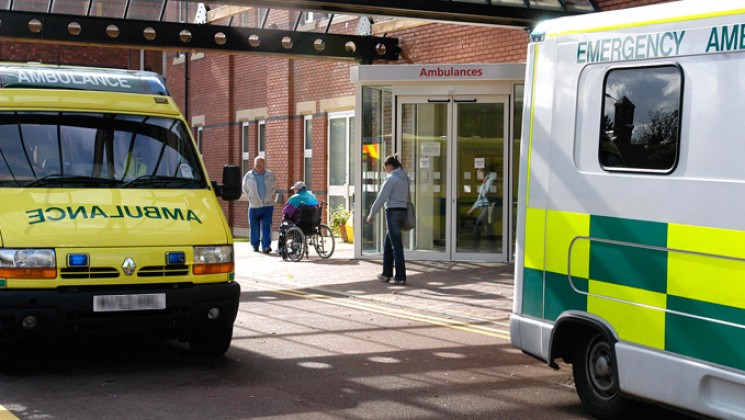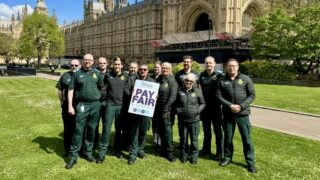NHS workers who do overtime on a regular basis or frequently work beyond their normal shifts should now have these extra hours taken into account when their holiday pay is calculated, as a result of a landmark court victory by UNISON today (Monday).
The Court of Appeal judgment found in favour of a paramedic and 12 of his colleagues who all work for the East of England Ambulance Service. The ambulance staff argued their holiday pay should better reflect the hours they actually worked, rather than be based solely upon their contracted hours.
The ruling could benefit tens of thousands of NHS staff employed under the Agenda for Change payment system and is in line with earlier legal cases, which established that workers should receive the same wages on leave as they do when working. Only doctors, dentists and senior managers will be exempt from the change.
Chronic staffing shortages across the NHS mean that health workers regularly do overtime, both to ease pressure on their colleagues and boost their own pay, says UNISON. Many health workers also frequently work beyond the ends of their shifts, for example to deal with an emergency life-saving call.
The union says the government’s failure to recruit and retain enough people to sustain the NHS means that working overtime has become the norm for increasing numbers of staff.
UNISON general secretary Dave Prentis said:
“Before today’s judgment NHS workers who did regular overtime or often worked well beyond their shifts saw a drop in their pay whenever they took a well-deserved break.
“Leave calculations that weren’t based on the extra shifts and hours they did week in and week out meant many were considerably out of pocket.
“UNISON always believed that the rules around NHS pay already allowed for overtime and working beyond the end of a shift to be taken into account when calculating holiday pay. Today’s judgment confirms that but does highlight another pressing problem.
“The NHS urgently needs to recruit more staff so existing nurses, paramedics and other health workers don’t have to regularly work overtime simply to keep the service afloat.
“This is a victory for all those health service workers who regularly go the extra mile to make sure we receive the best care possible at all times of the day and night.”




